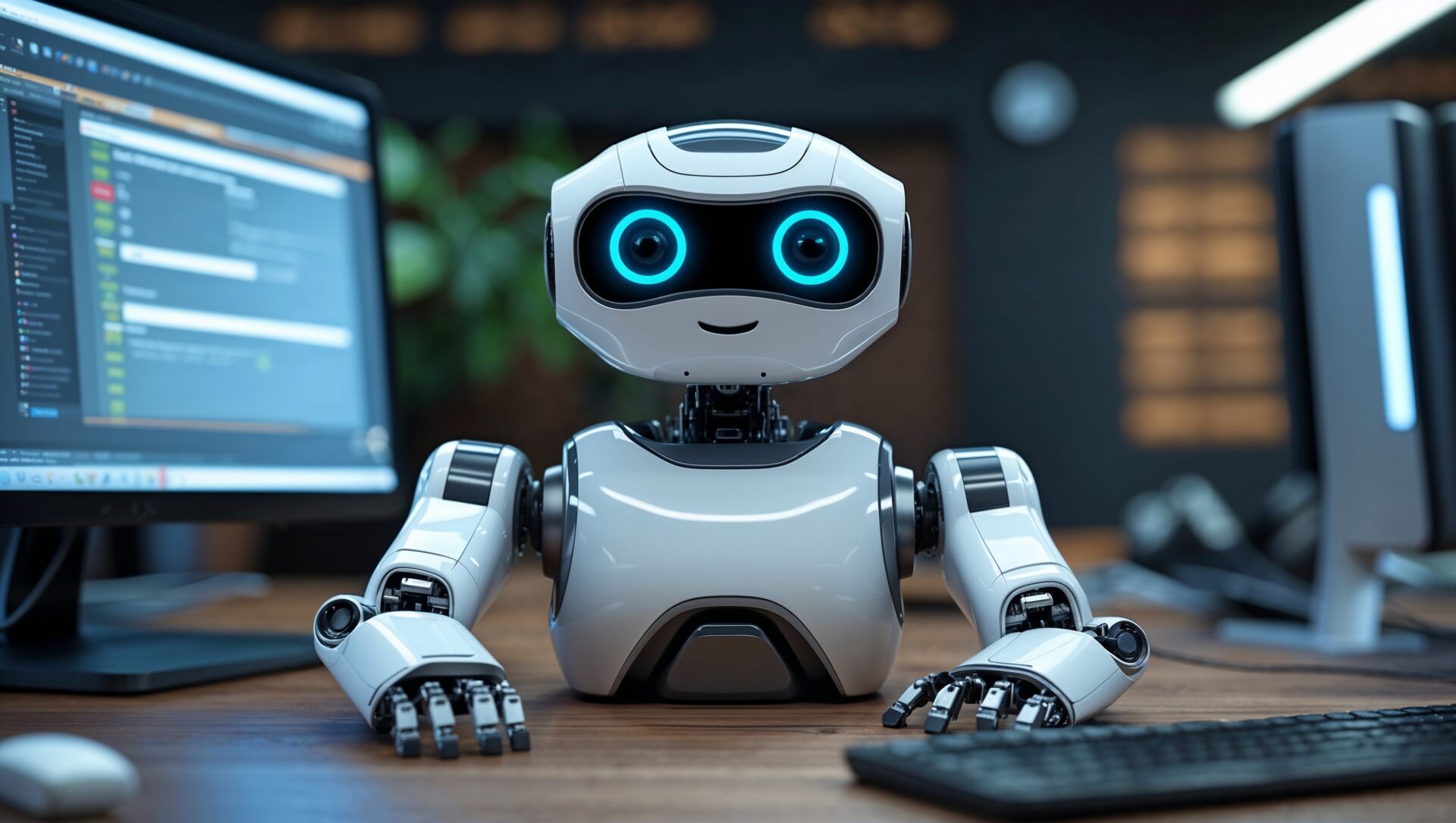July 25, 2025
5 min read
Lucy Buchholz
Orby AI's Will Lu explains how AI agents understand workflows, boosting productivity and reshaping enterprise automation.
Orby AI: ‘AI agents don’t just do the work – they understand what you’re doing’
By 2030, 60% of US workers could have 30% of their work automated, according to McKinsey research. This equates to roughly 72 billion hours of labor annually in the US alone — the equivalent of around 100,000 people’s lifetimes each year. This statistic inspired Will Lu to co-found Orby AI, an AI agent platform designed to empower enterprise employees by automating repetitive tasks and scaling their work. As an expert in automation and agentic AI, Will Lu spoke exclusively to UNLEASH about the current AI landscape and the future impact of AI agents.The reality of AI systems
Generative AI is often perceived as possessing PhD-level intelligence, with many anticipating Artificial General Intelligence (AGI) to be imminent. However, Lu points out that while generative AI can solve impressive problems, its reliability remains inconsistent.“Most of the time, it does solve the problem, but there are instances where it makes silly mistakes. Even the best benchmarks hover around 90% accuracy for relatively simple tasks like high school-level math problems.”Lu emphasizes that generative AI sometimes fails to follow specific instructions or misses the mark, so users should treat it as a tool for drafting or touch-ups rather than fully autonomous decision-making. When applied to critical enterprise functions such as financial processes, these inaccuracies can be costly.
“Every single dollar mistake could lead to millions in losses due to compliance fines or incorrect vendor payments,” Lu explains. “That’s why we’re developing our own AI agent model at Orby to make AI scalable and reliable for enterprises.”AI agents also face challenges in HR scenarios that require nuanced human judgment, such as hiring or performance evaluations. For example, a policy requiring candidates to have at least five years of experience might be misinterpreted by an AI agent, which could mistakenly accept four years as sufficient. Agents may also overlook important contextual information, such as candidates from lesser-known schools or countries, leading to unreliable decisions.
“It’s crucial to define policies clearly and symbolically so agents can be trusted to follow them. Additionally, an efficient human review process is essential to validate outcomes,” Lu adds.Orby AI provides tools to analyze large volumes of decisions — for instance, reviewing 100 hiring decisions to identify outliers, risks, or opportunities for improvement.
How AI agents will shape the future
Despite challenges, Lu is optimistic about AI agents’ future impact. He believes their biggest advantage is making AI widely accessible to employees, providing unprecedented agility and scalability. Using finance as an example, Lu explains how AI agents can help companies handle unpredictable, high-volume workloads during busy seasons without overburdening employees.“Companies often can’t hire enough people upfront, so employees work long hours during peak times and take extended breaks afterward. AI agents allow businesses to scale quickly and manage tasks on demand more efficiently.”This agility means employees spend less time on repetitive actions like clicking buttons or submitting receipts, as machines can reliably and quickly complete these tasks. Lu highlights a unique strength of AI agents often overlooked:
“AI agents don’t just do the work — they understand what you’re doing. They track completed tasks, summarize activity, compare performance across users, identify optimization areas, highlight risks, and alert employees to policy deviations.”This capability makes AI agents powerful tools for managing daily workflows and improving operational efficiency. So, when will your business be ready to embrace AI agents? Source: UNLEASH

